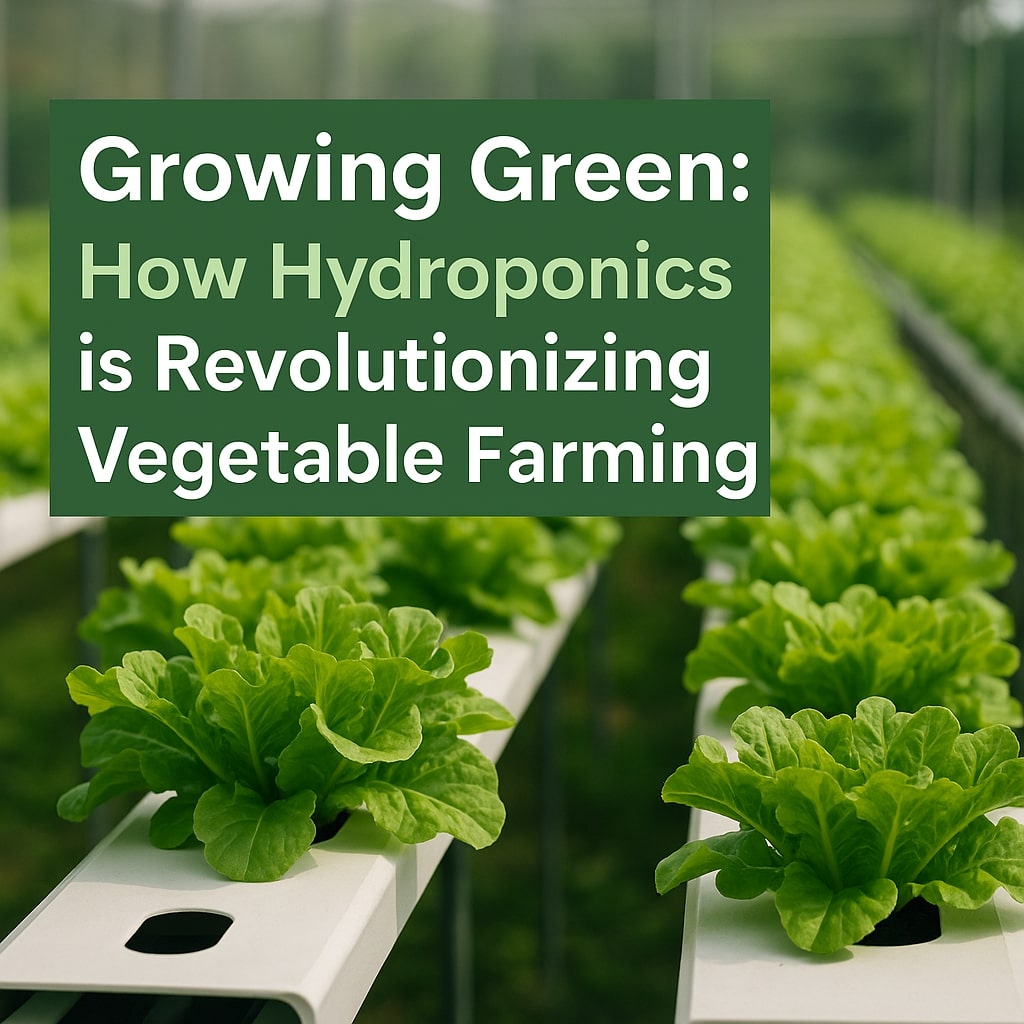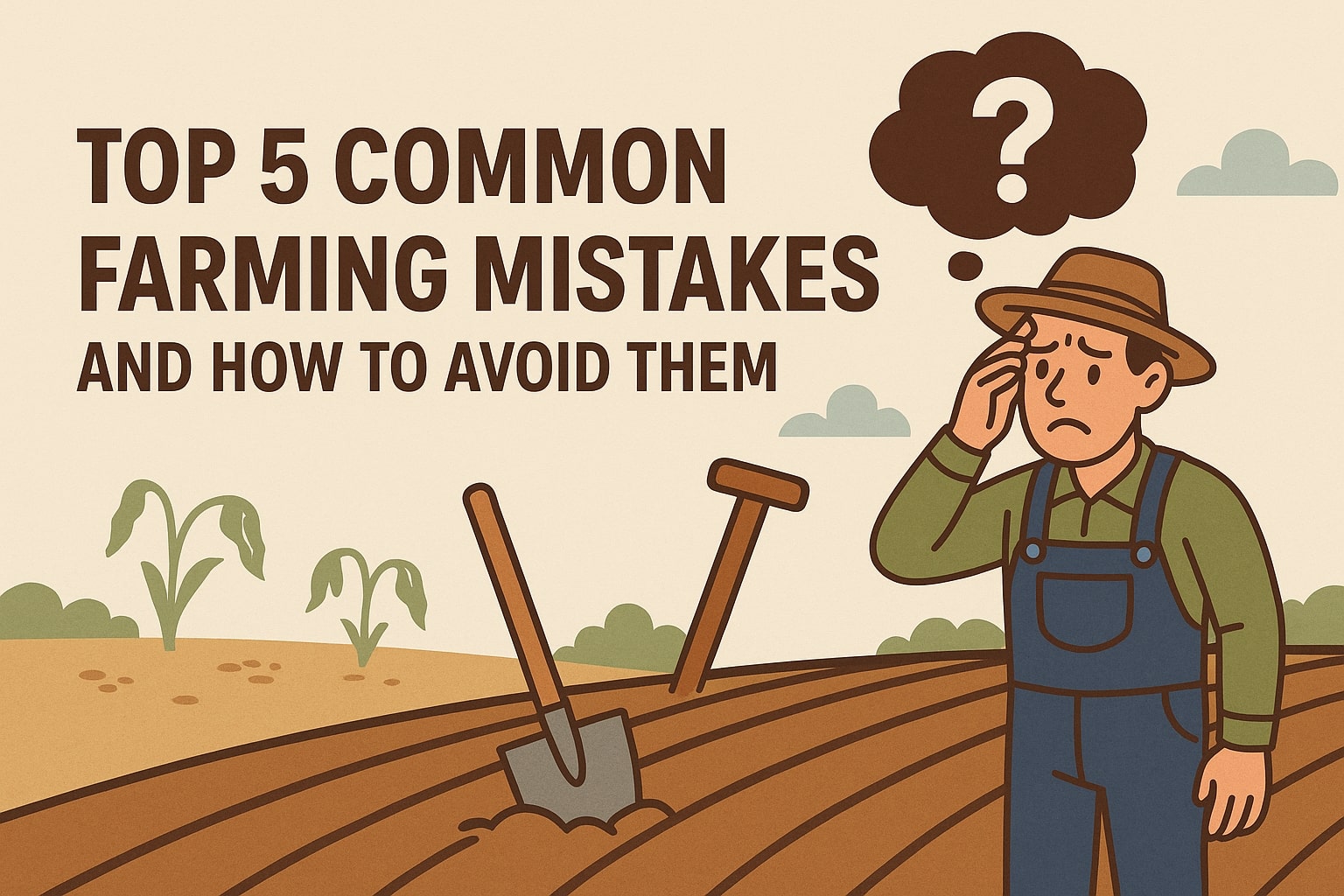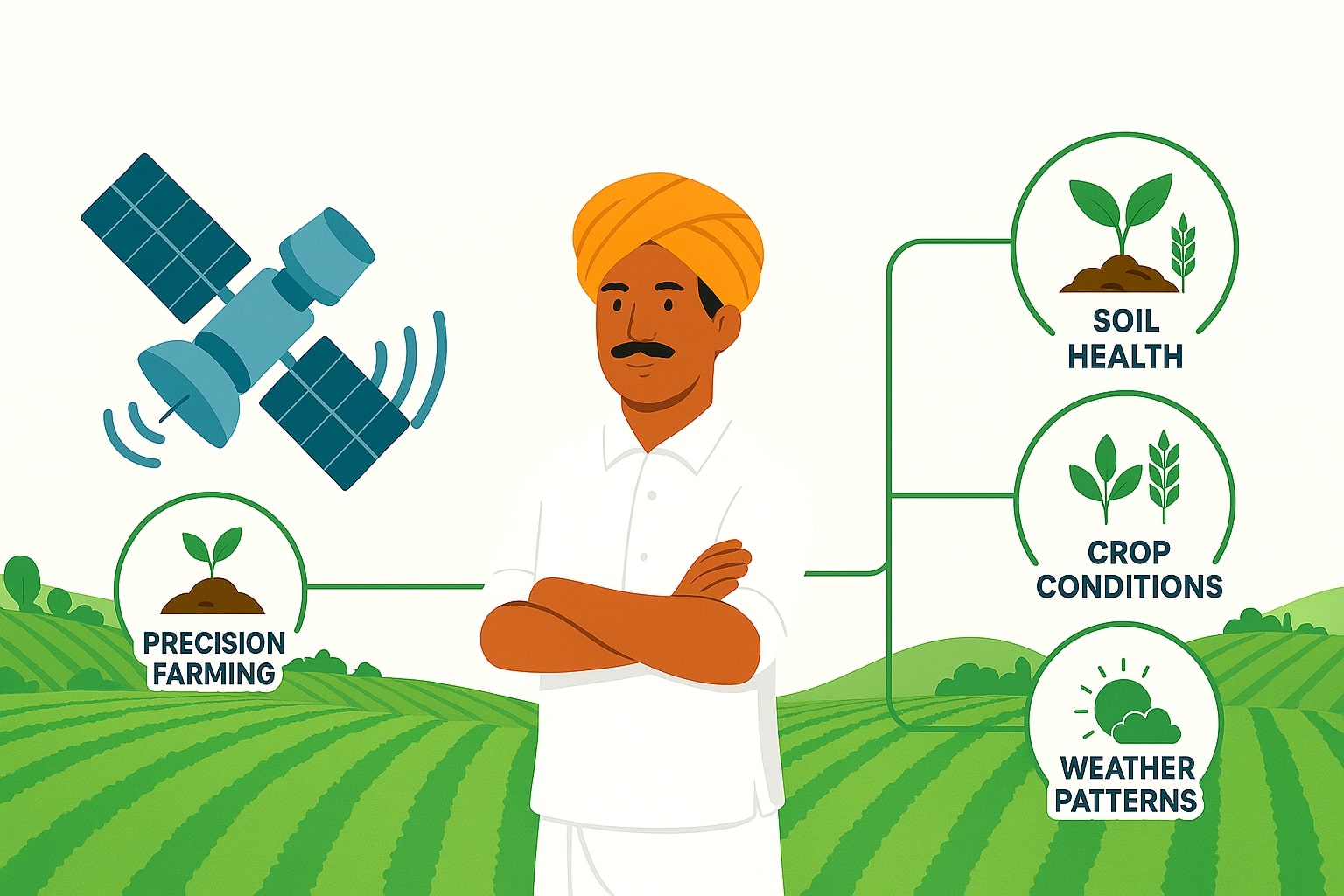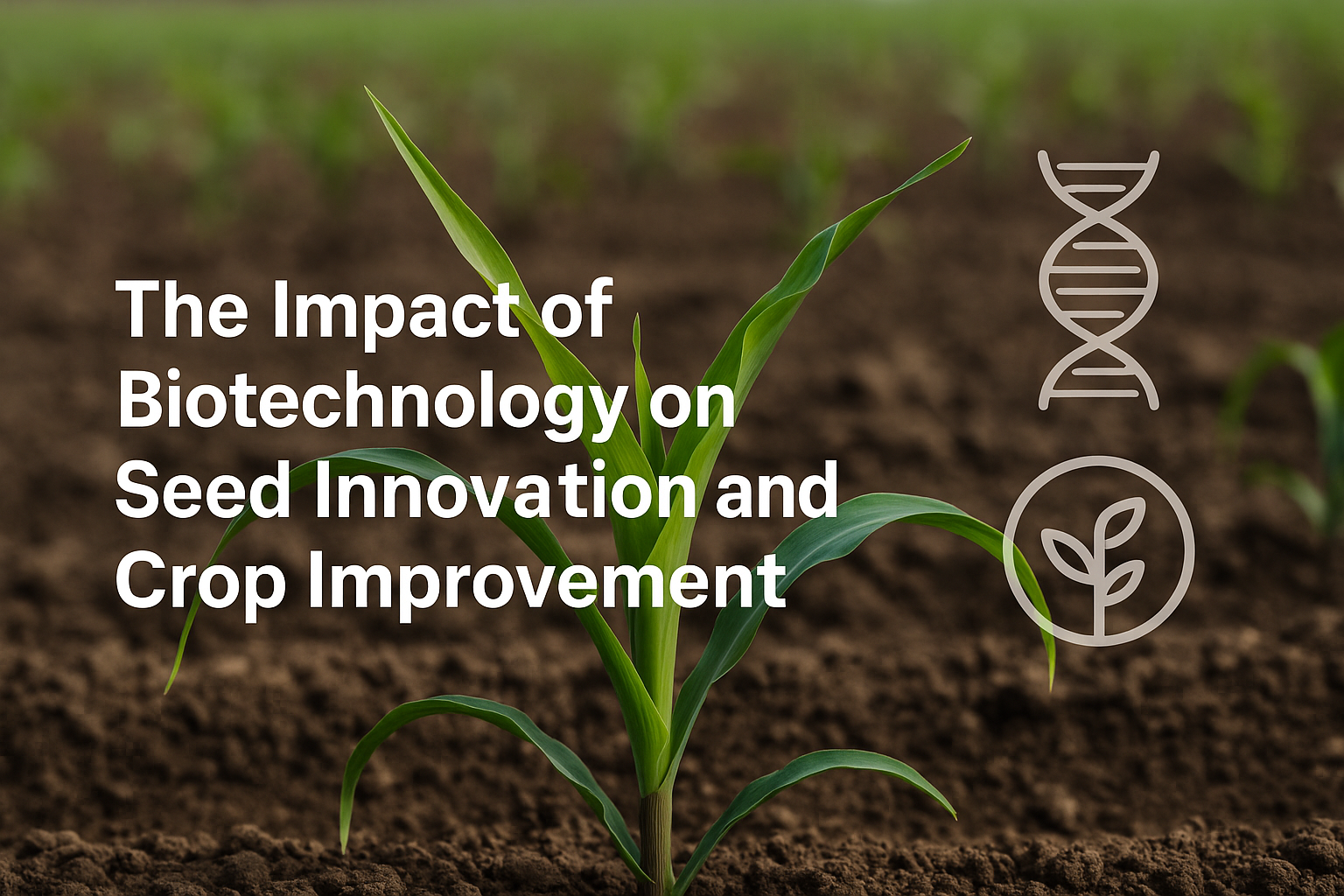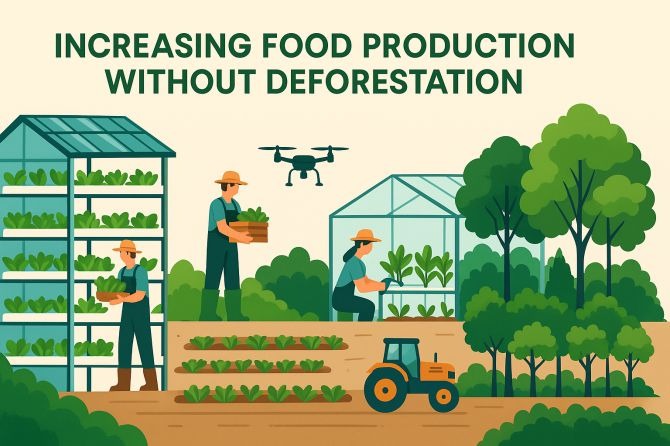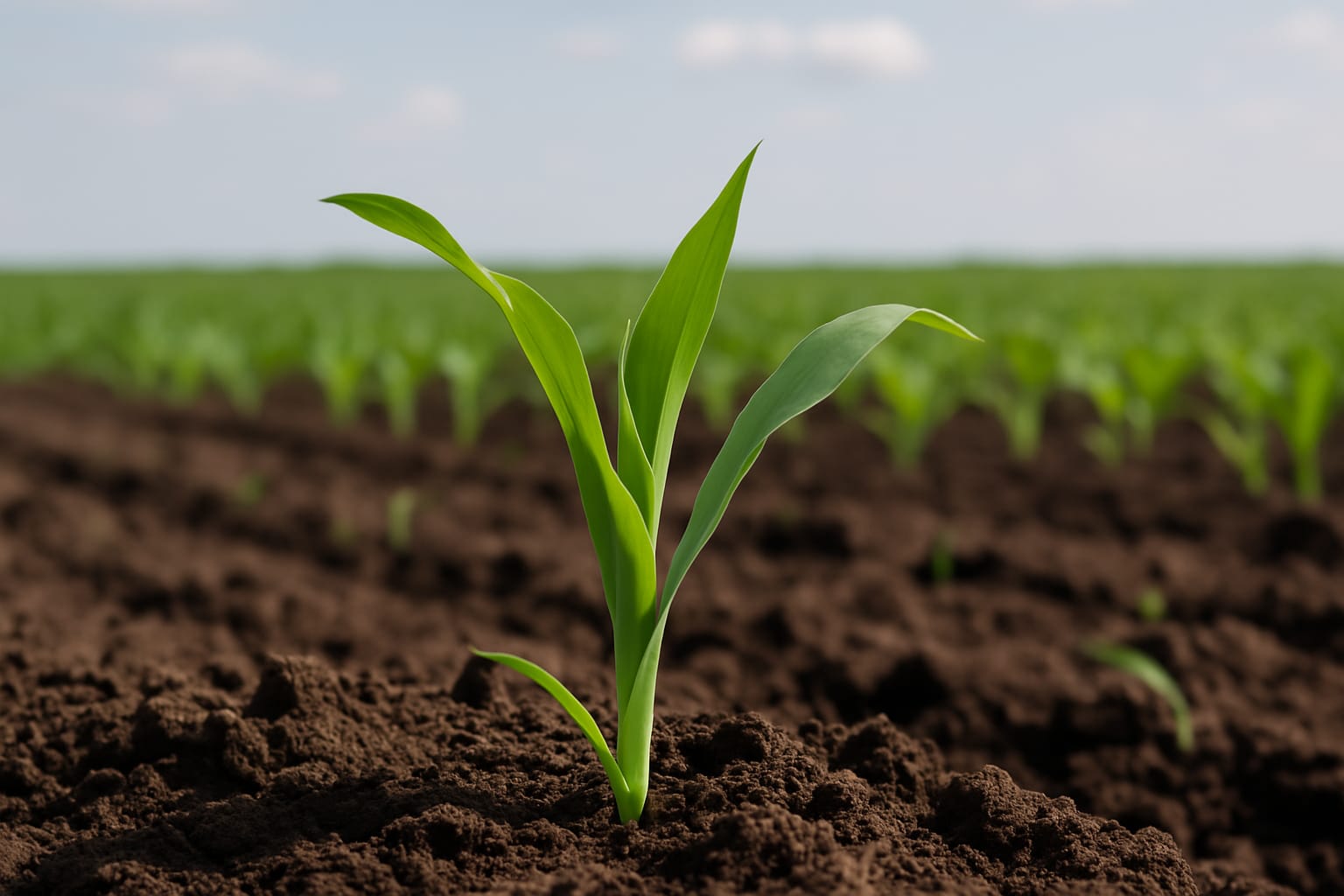Organic farming represents a transformative approach to agriculture, one that prioritizes the health of the environment, the well-being of all living organism, and the sustainability of agricultural practices. At its core, Organic farming is defined by a commitment to working in harmony with natural system rather than imposing artificial interventions. This method avoids the use of synthetic chemicals, such as pesticides and fertilizers and genetically modified Organisms (GMOs) instead relying on natural processes and materials to cultivate crops and raise livestock.
This philosophy behind Organic farming is rooted four fundamental principles:
Health, Ecology, fairness and Care. These Principles guide in every decision made by organic farmers. By focusing on Health, organic farming aims to maintain and enhance the wellbeing of plants, animals and humans. It does so by nurturing the ecosystems that are free from harmful chemicals, ensuring that the food produced is not only safe but also nutritionally rich. The principle of ecology emphasizes the importance of respecting natural cycles and promoting biodiversity. Organic farmers practice crop rotation, use green manure and compost organic matter to improve soil fertility and reduce pest issues, all while maintaining the ecological balance of their environment.
The benefits of organic farming are numerous and significantly, environmentally, Organic farming contributes to sustainability by reducing pollution, conserving water and preventing soil erosion. The use of Organic methods improves soil health, making it more fertile and capable of sustaining crops over the long term. These practices also help to confine carbon in the soil, contributing to fight against climate change.
Despite its many advantages, organic farming faces many challenges. One of the most pressing issues is typically lower yields as compared to conventional farming. Organic farming also tends to be more labor intensive, requiring greater time and efforts to manage crops without the aid of synthetic inputs. Additionally, managing pest and disease without synthetic chemicals is also a challenge.
In conclusion, Organic farming is more than just a method of food production; it is a holistic approach to agriculture that emphasizes sustainability, health and ethical responsibility.

